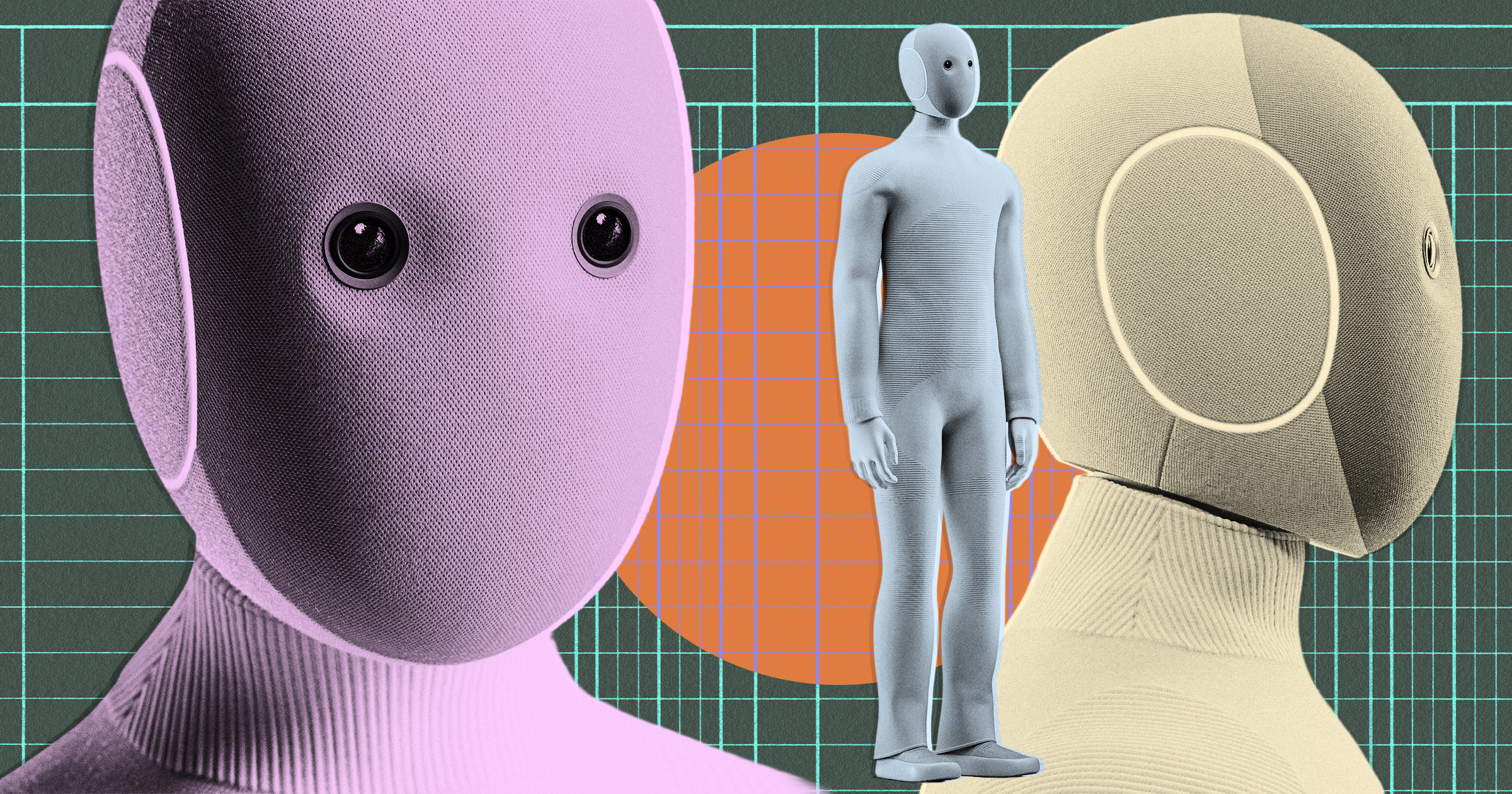A new robotic assistant, the NEO, developed by Palo Alto-based startup 1X, is set to hit the market in 2026 at a price of $20,000. However, potential buyers face a significant caveat: the NEO requires human operators to perform tasks, undermining its appeal as a fully autonomous robot. This revelation raises questions about the practicality of such high-tech solutions for household chores.
The NEO is currently in the preorder phase, with a reservation fee of $200. Customers can choose between a subscription model costing $499 per month or a one-time purchase. Weighing 66 pounds and standing at 5 feet 6 inches, the robot is available in earthy tones of tan, gray, and dark brown. Its design, featuring a fabric covering and simple facial features, aims to evoke a friendly presence in the home.
Founder and CEO Bernt Børnich emphasizes that the NEO is designed to steer clear of the “hard, dark, sci-fi future” often associated with robotics. Instead, users will interact with the robot through a smartphone app, scheduling tasks that will be executed by remote workers. This approach introduces a level of surveillance, as a stranger will be virtually present in the home, raising privacy concerns.
In an interview with the Wall Street Journal, Børnich stated, “If we don’t have your data, we can’t make the product better.” The NEO will not only rely on human operators but will also collect data from users’ homes to improve its artificial intelligence (AI) over time. The goal is for the robot to eventually perform tasks autonomously, though the timeline for achieving this remains uncertain.
While the NEO represents a bold step in home robotics, experts point out significant limitations. Tech journalist Michael Hiltzik highlights that even advanced humanoid robots struggle with basic tasks such as navigating domestic environments or managing fragile items safely. This suggests that the dream of a fully autonomous robot butler, reminiscent of the Jetsons, is still far from realization.
Projects like Tesla’s Optimus and the NEO reflect a trend in the robotics industry that leans more towards capitalizing on technological hype than delivering practical solutions for consumers. Although there have been remarkable advancements in industrial robotics, particularly in countries like China, humanoid robots continue to face challenges that may limit their immediate applicability in everyday settings.
As the NEO begins to roll out, potential buyers should carefully consider whether the convenience it promises justifies the heavy reliance on human operators. For the foreseeable future, traditional human assistance may remain the most effective way to manage household chores.







